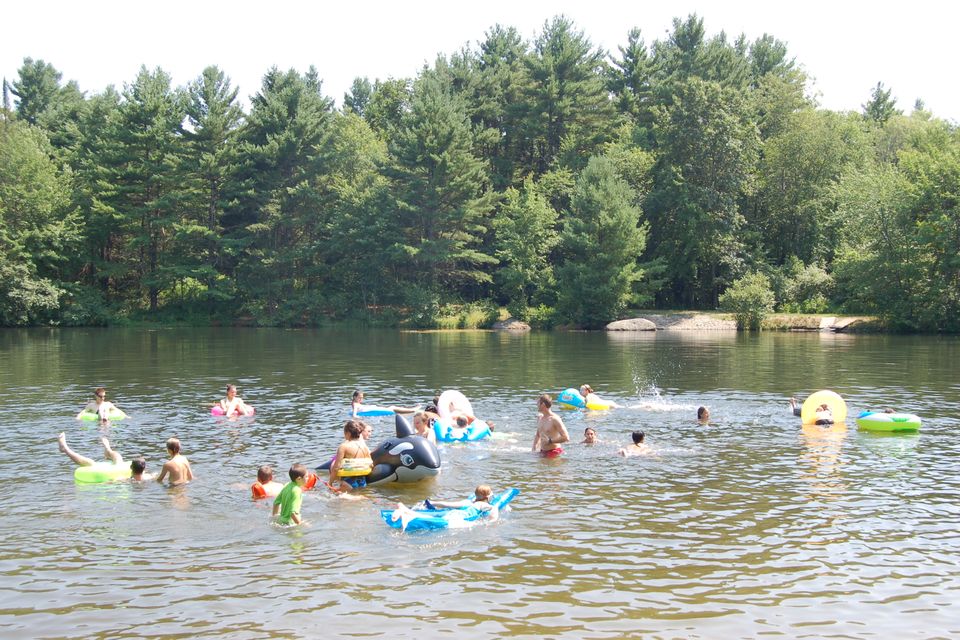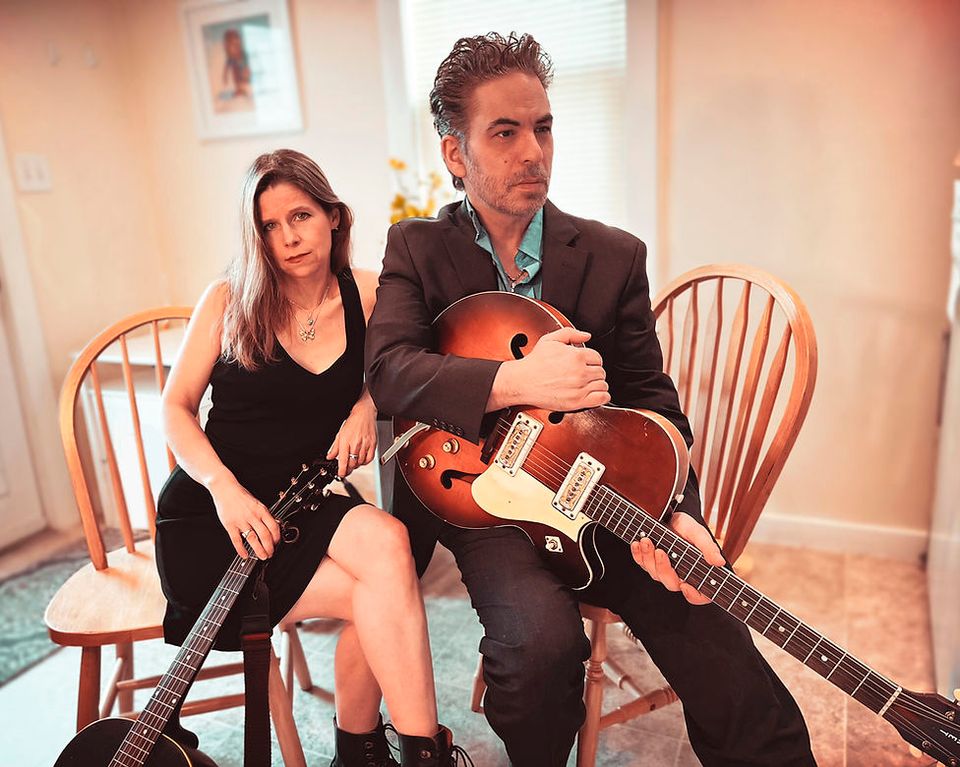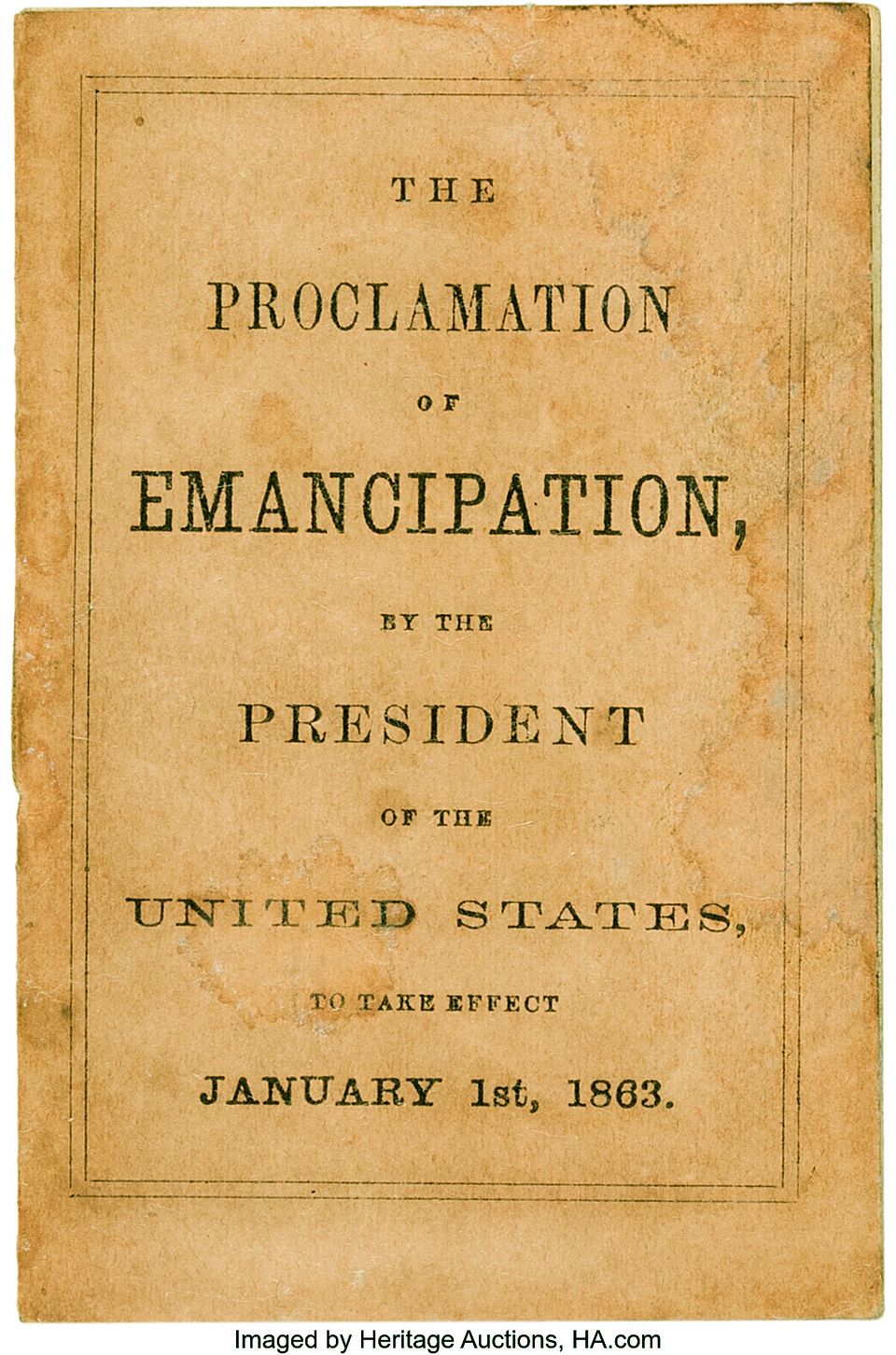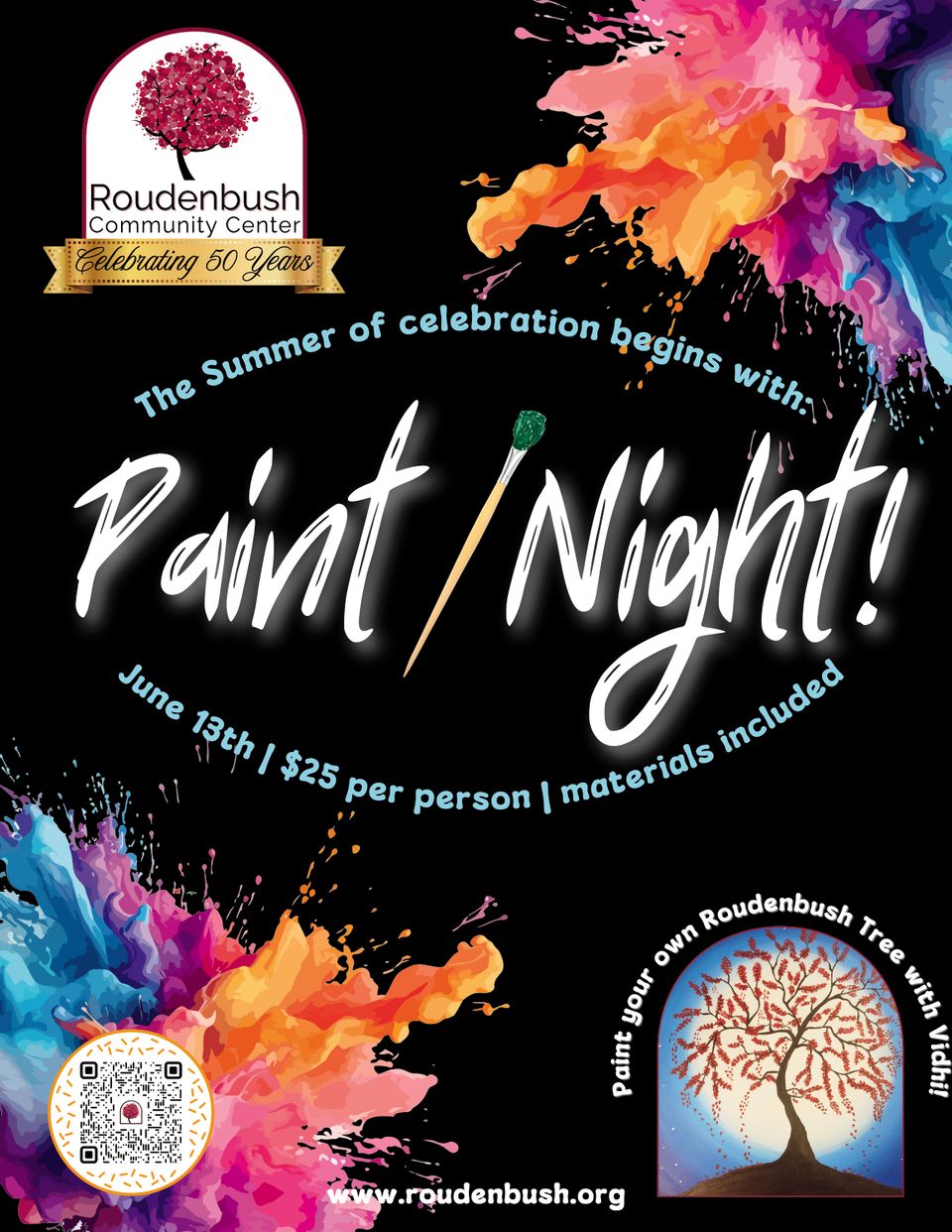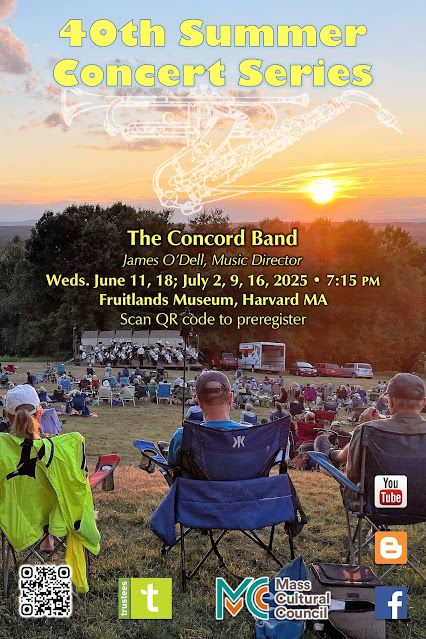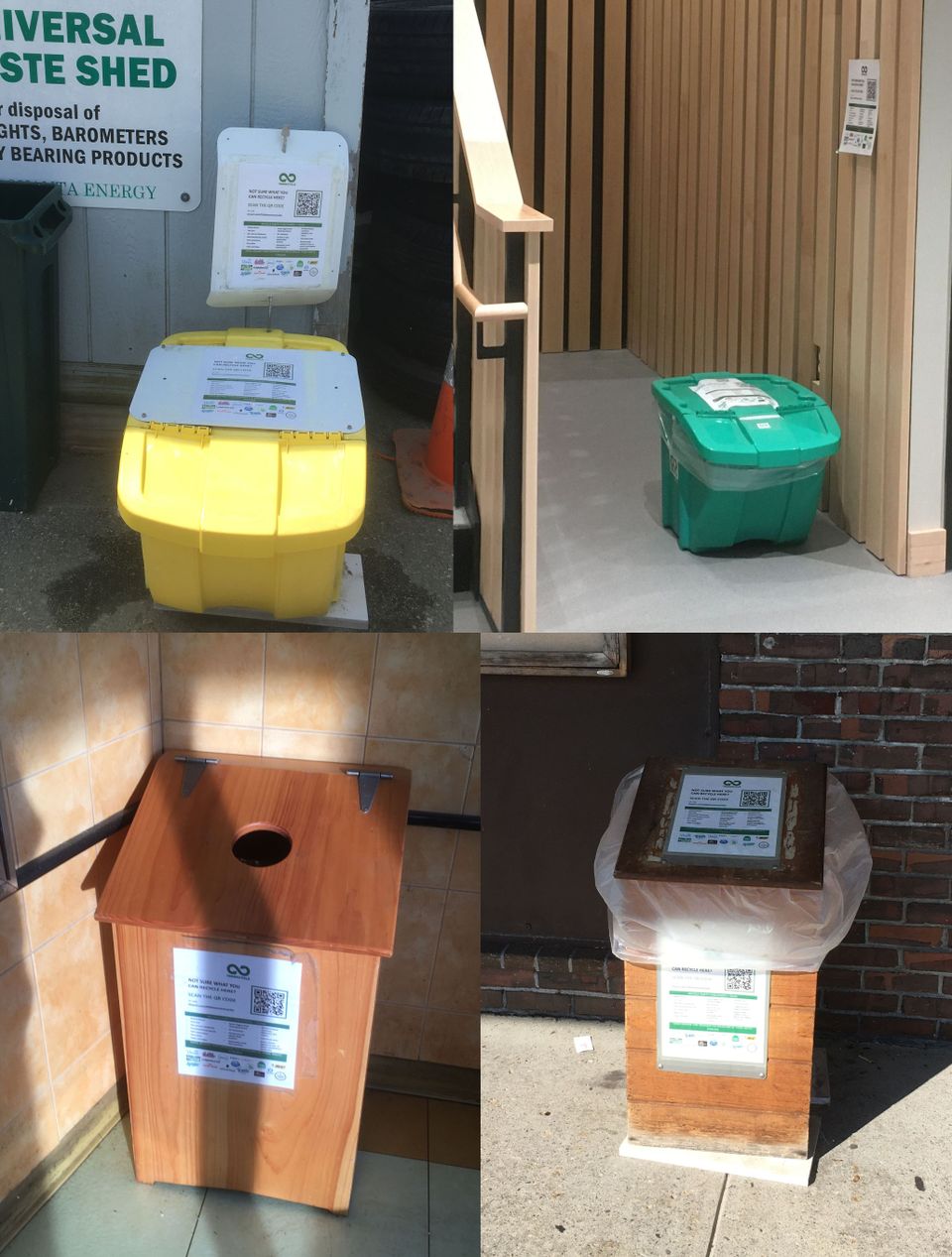LITTLETON, MA – June 5, 2025 – As rates of childhood obesity, type 2 diabetes, and early puberty continue to rise at alarming rates—driven by ultra-processed foods and environmental exposures—Littleton Public Schools is leading a bold, evidence-based shift in how school lunch is served.
On Wednesday, June 5, Littleton will host
The School Nutrition Exchange: Northeast Regional Roundtable, in partnership with Action for Healthy Kids, welcoming over 20 school districts, state and federal legislators, pediatricians, chefs, nonprofits, and USDA leaders to explore how scratch-cooked, locally sourced, and waste-free school meals can reverse chronic disease trends, support local economies, and protect the environment.
-
Location: Littleton Middle School (55 Russell Street, Littleton, MA)
-
Time: 8:00 AM – 1:30 PM (Farm tour to follow)
The Four Pillars: A Recipe for ChangeLittleton's nationally recognized nutrition program is built on four foundational pillars:
Scratch Cooking – Meals are made fresh daily using real ingredients. Staff are trained annually at the John Stalker Institute to introduce culturally inclusive recipes and prepare nutrient-dense meals kids love.
Sourcing – A strong commitment to local purchasing: 57.87% of produce, 100% of seafood, and 2.58% of meat are sourced from local farms and food hubs, supporting regional agriculture.
Sustainability – A complete transition to stainless steel trays and utensils has diverted 182,000 trays and 364,000 plastic utensils from the landfill and on average resulted in an 89% reduction in carbon emissions in just one year. All schools compost food scraps, closing the food waste loop.
Nutrition Education – Through "Friday Try Days," students sample new fruits, vegetables, and plant-based alternatives. Informational "trading cards" from Massachusetts Farm to School help students and families learn about the foods they eat.
"When we embrace food as medicine and cafeterias as classrooms, we're no longer just serving lunch—we're shaping health," said Leah Botko, Director of Nutrition Services at Littleton Public Schools.
Where Pediatricians, Chefs & Policymakers ConvergeThe roundtable represents a united front from across sectors—pediatrics, culinary arts, environmental health, education, and government—working together to replace ultra-processed, heat-and-serve meals with whole foods, scratch cooking, and zero-waste practices.
Featured participants include:
- Action for Healthy Kids Leadership – advancing equity and policy for better school meals
- Chef John C. White – John Stalker Institute, leading a scratch-cooking demo
- Dr. Manasa Mantravadi – Pediatrician and culinary medicine expert
- Local farmers and vendors – providing insight on regional food sourcing
- State and federal legislators – engaging with scalable models for reform
"When pediatricians, chefs, schools, nonprofits, and policymakers come together, we can rebuild a system that supports children's health," said Dr. Mantravadi. "This is how we reverse the epidemic of preventable disease in kids—starting with what's on their plate."
Real Impact, Real Stories
- "The food in Littleton's cafeterias is the best I've experienced in 27+ years," said Lyn Snow, Director of Student Services. "Even students with food selectivity and medical diets are participating with enthusiasm and confidence."
- "My son asked for school pizza for his birthday," a parent shared. "That's how much he loves it."
- "It's like a restaurant—chefs even ask if you'd like more!" said one student.
Event Agenda – Wednesday, June 5, 2025
-
7:45 AM – Registration & Breakfast
-
8:05 AM – Welcome & Roundtable Overview (AFHK)
-
8:10 AM – Remarks from Superintendent Dr. Kelly Clenchy
-
8:15 AM – Guest Introductions & AFHK Mission
-
8:30 AM – "Small Changes, Big Impacts" – Leah Botko, SN Director
-
8:45 AM – Scratch-Cooking Demo – Chef John C. White
-
9:30 AM – Group Discussion: School Nutrition Challenges & Solutions
-
10:45 AM – Break
-
11:00 AM – Workshop: Recognition Award Application Process
-
11:30 AM – Vendor Showcase: Local Food Suppliers & Partners
-
12:00 PM – School Lunch Experience: Build-Your-Own Chipotle Bowl with 8th Grade Class
-
12:30 PM – Depart for Farm Tour
-
12:45 PM – Local Farm Tour -Spring Brook Farm- 591 Great Rd, Littleton, MA 01460
-
1:30 PM – Closing Remarks – Leah Botko & Rob Bisceglie (AFHK)
Media InvitationMembers of the media are encouraged to attend all or part of the day. Interviews and visuals available throughout.
To RSVP or schedule interviews, please contact:
Leah Botko at
lbotko@littletonps.org or 978-751-4565.
About Littleton Public SchoolsLittleton is leading a national model for sustainable, inclusive, and health-driven school food systems—where every tray tells a story of wellness, equity, and environmental care.
About Action for Healthy KidsAction for Healthy Kids mobilizes school communities to improve child health through real food, physical activity, and family engagement, with a focus on the most underserved children.

